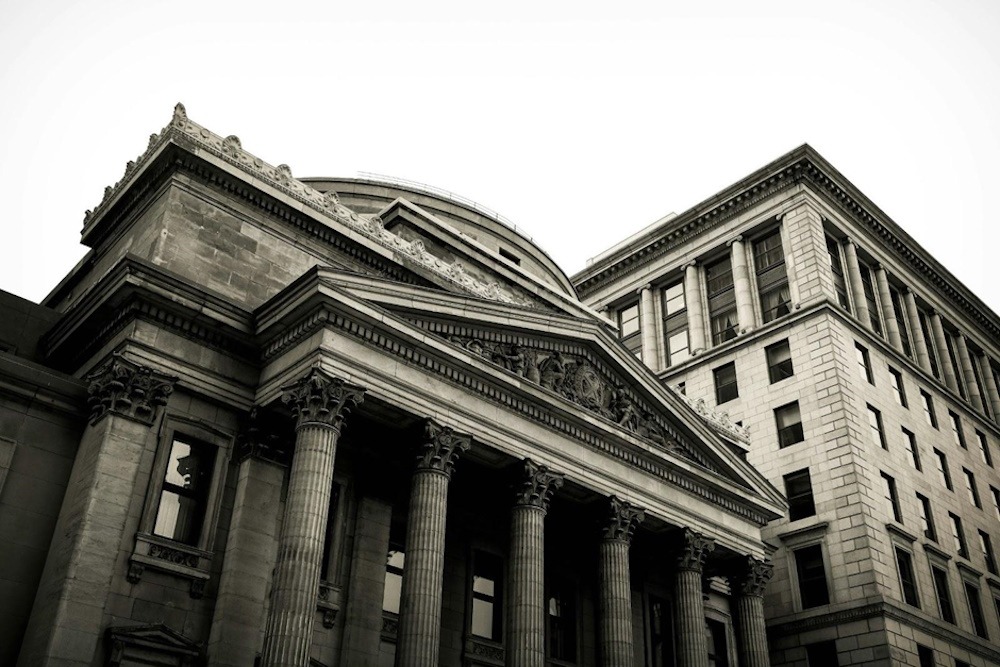Banks in Argentina have once again reduced interest rates on fixed-term deposits, with some now offering rates below 40% annually. Analysts identified a US Treasury bailout and a tax holiday for grain exporters as the primary factors contributing to the reduction. Financial institutions operating in the country aligned with the Central Bank’s actions when, on Thursday, it lowered the rates on overnight repurchase agreements (repos) by 10 percentage points. This also resulted in a reduction in rates for securities-guaranteed loans, which had surged to 80% earlier this month.
On Thursday, Argentina’s annual Wholesale Rate for fixed-term deposits of AR$1 billion or more at private banks, with maturities between 30 and 35 days, was recorded at 44.2%. At the onset of September, that rate stood at 67%. Argentina has ceased to maintain a monetary policy rate; however, the Central Bank engages in repos or simultaneous swaps, according to a source. The Central Bank announced in May that it would cease to set interest rates, opting instead to allow them to be determined by “supply and demand.” Consulting firm 1816 observed in a report that the government capitalized on the favorable shift in market conditions prompted by the U.S. bailout disclosed earlier this week.
On Wednesday, the U.S. Treasury disclosed its intention to acquire Argentina’s USD bonds and extend a stand-by credit line to the Milei administration. Treasury Secretary Scott Bessent noted that the countries were in discussions regarding a US$20 billion swap with the Central Bank. Pablo Repetto, informed that the rate cut stemmed from the substantial influx of foreign currency generated by agricultural sector exports, rather than the U.S. bailout. Earlier this week, the government declared a tax holiday for grain sales overseas, which concluded after exports hit the government-imposed US$7 billion quota in just three days. Another broker, who requested anonymity, described the tax holiday as “Massa-like,” referencing former Economy Minister Sergio Massa, who in 2023 established an exchange rate known as the “soybean dollar” that allowed the agricultural sector to liquidate its exports.
Repetto stated that he believes the interest rates have not yet “completely normalized.” “It’s likely to become increasingly complex as the election nears, particularly regarding the backing of the United States, which comes with conditions—especially political ones—that remain uncertain,” he stated. Gustavo Quintana, remarked that “it seems we are moving towards more reasonable rates.”

